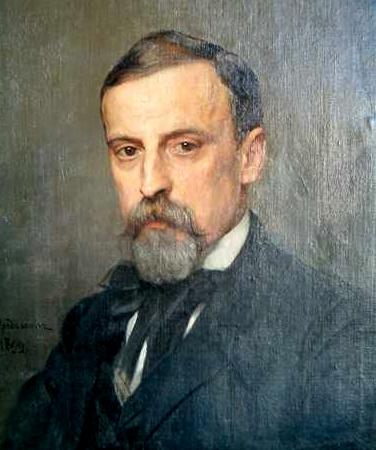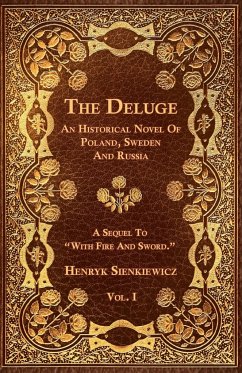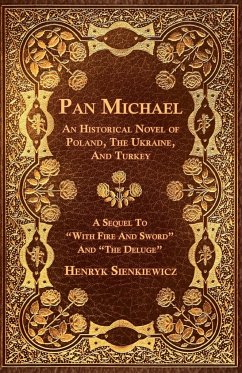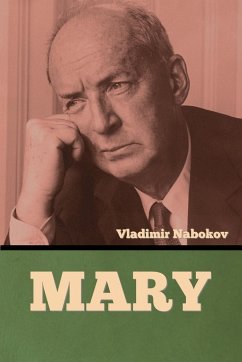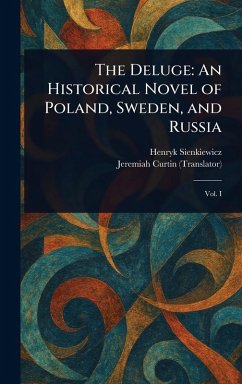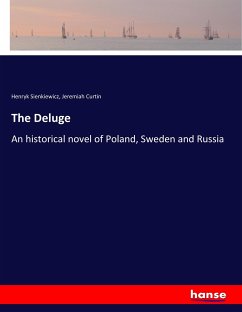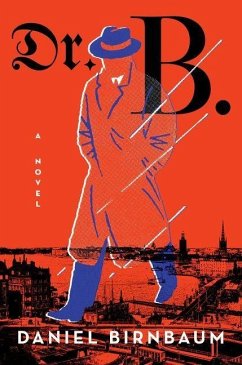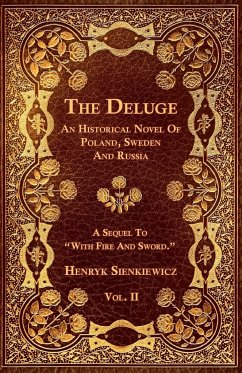
The Deluge - Vol. II. - An Historical Novel Of Poland, Sweden And Russia
Versandkostenfrei!
Versandfertig in 1-2 Wochen
44,99 €
inkl. MwSt.

PAYBACK Punkte
22 °P sammeln!
This vintage book contains the second instalment of Henryk Sienkiewicz's "The Trilogy", "Fire in the Steppe". A thrilling historical romp involving love, kidnap, war, and treachery, this novel is not to be missed by fans of historical fiction and collectors of Sienkiewicz's seminal work. Henryk Adam Aleksander Pius Sienkiewicz (1846-1916) was a Polish journalist and novelist. He is most famous for his historical novels, notably "Quo Vadis", a best-seller published in 1896. Sienkiewicz won the Nobel Prize in Literature in 1905. Many vintage books such as this are increasingly scarce and expensi...
This vintage book contains the second instalment of Henryk Sienkiewicz's "The Trilogy", "Fire in the Steppe". A thrilling historical romp involving love, kidnap, war, and treachery, this novel is not to be missed by fans of historical fiction and collectors of Sienkiewicz's seminal work. Henryk Adam Aleksander Pius Sienkiewicz (1846-1916) was a Polish journalist and novelist. He is most famous for his historical novels, notably "Quo Vadis", a best-seller published in 1896. Sienkiewicz won the Nobel Prize in Literature in 1905. Many vintage books such as this are increasingly scarce and expensive and we are republishing this volume now in an affordable, modern edition. This book was first published in 1888.



